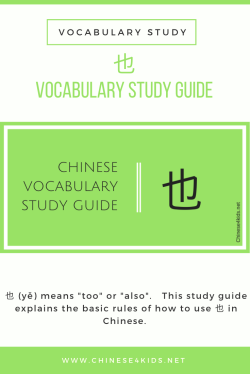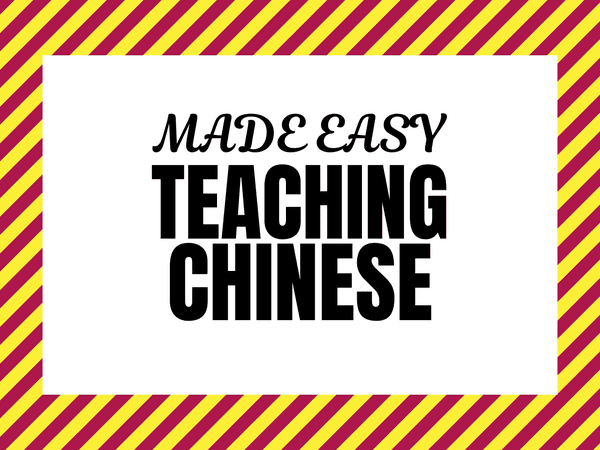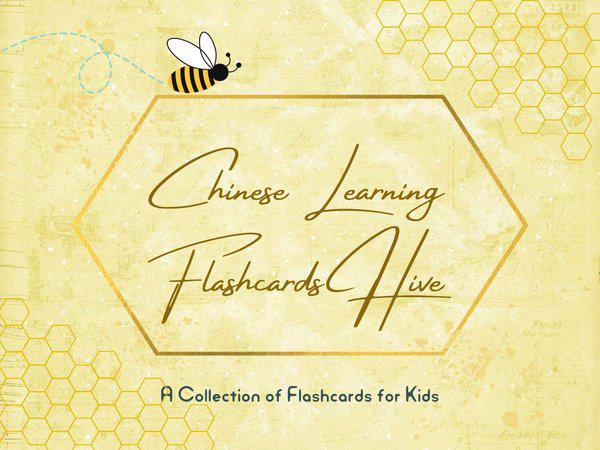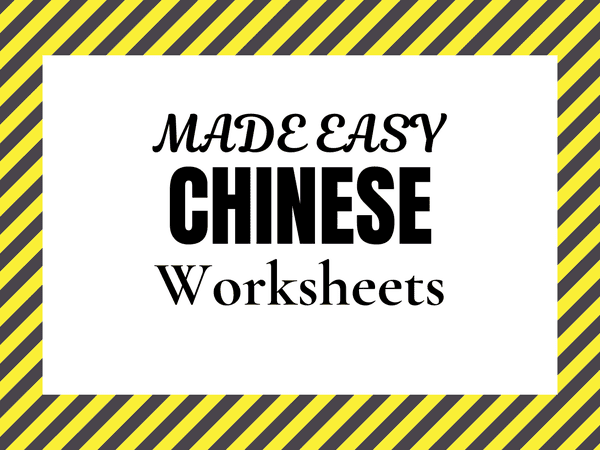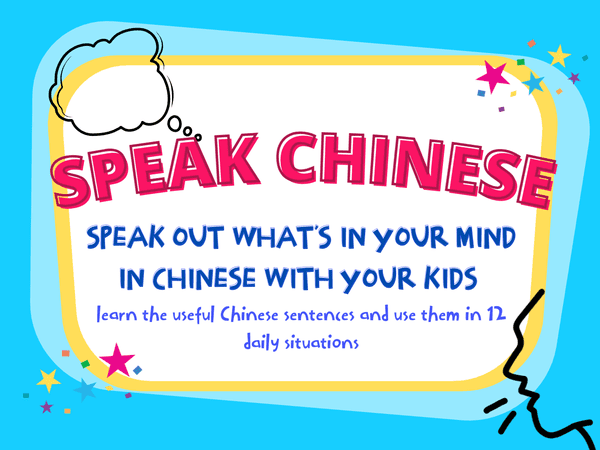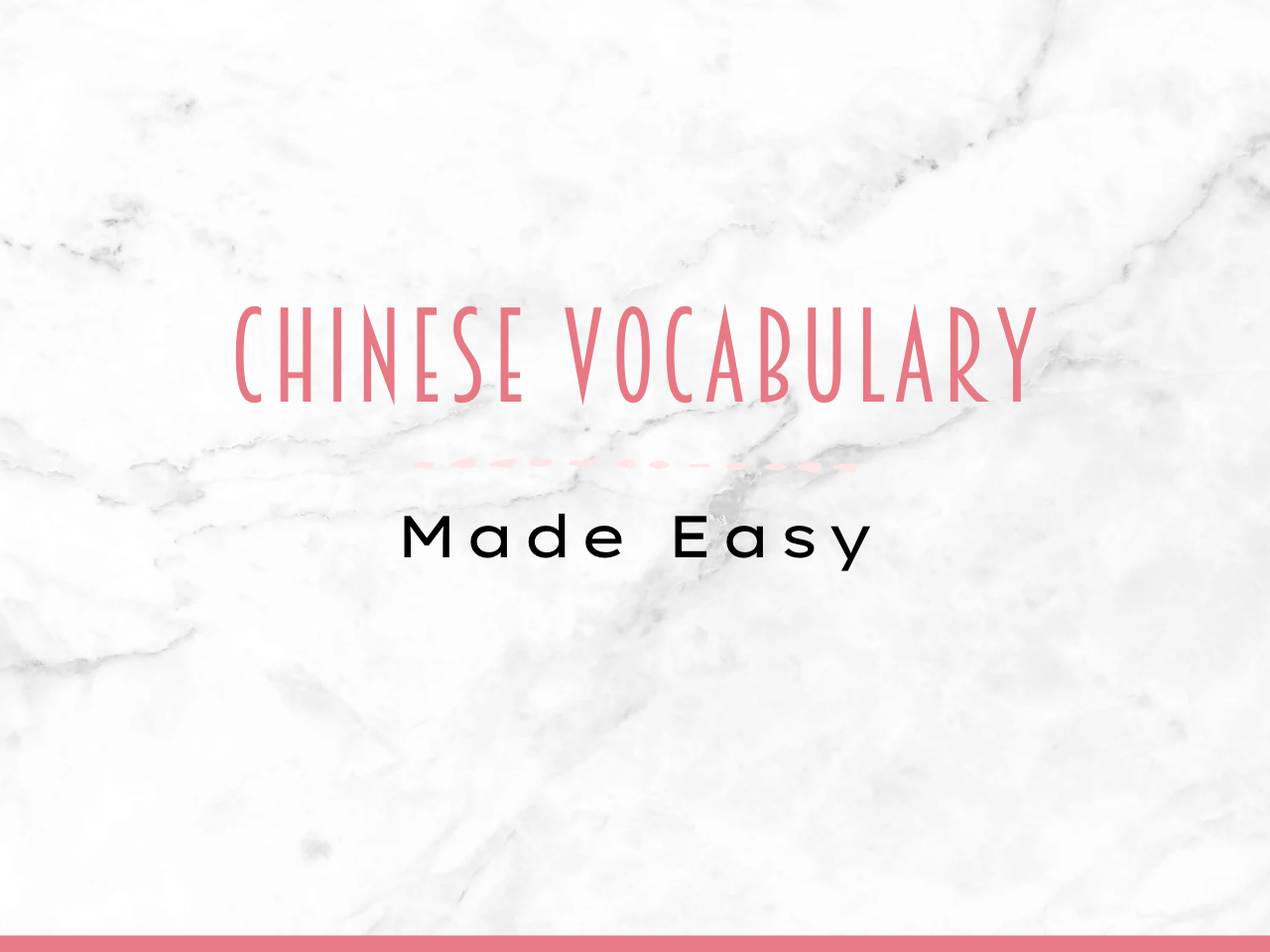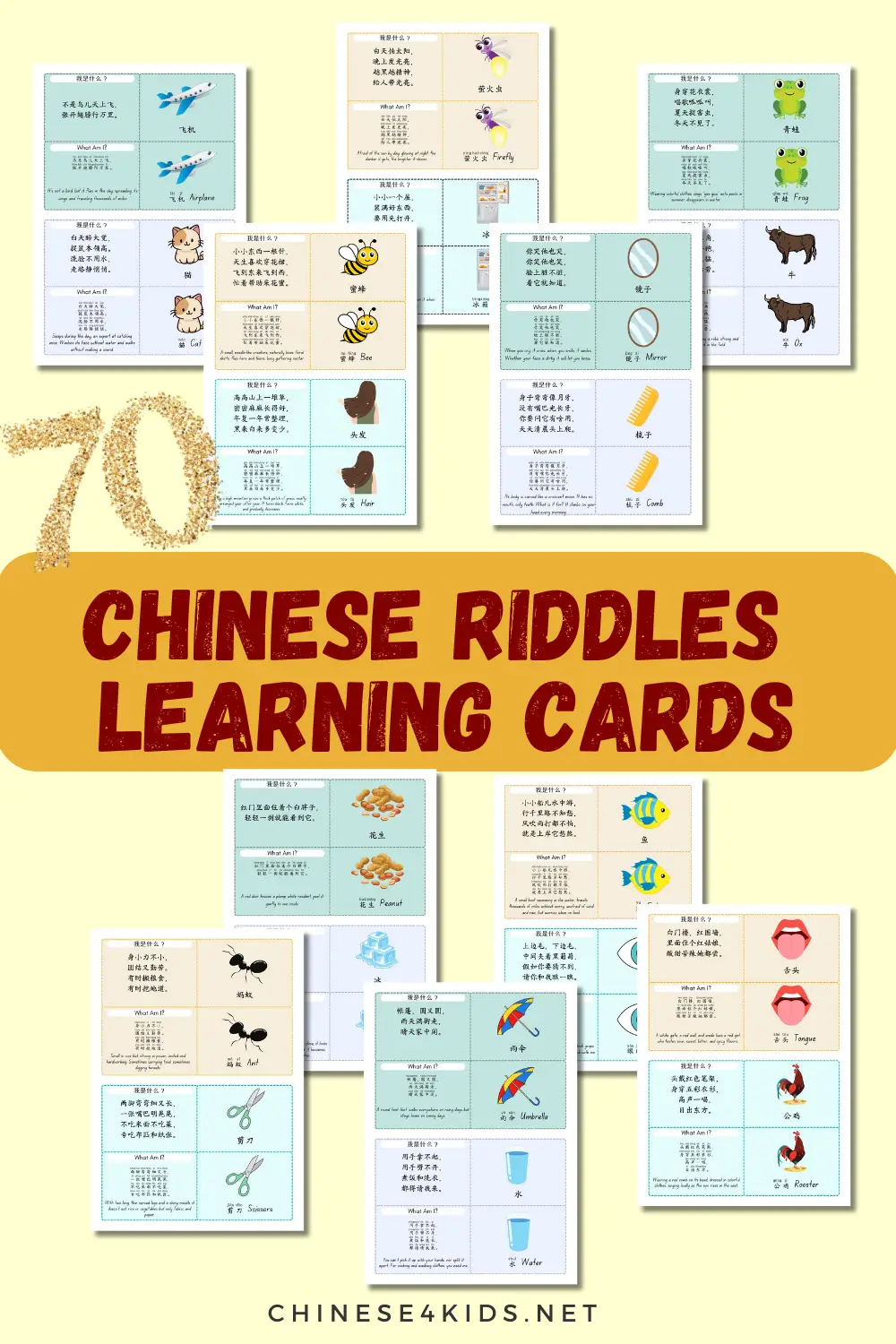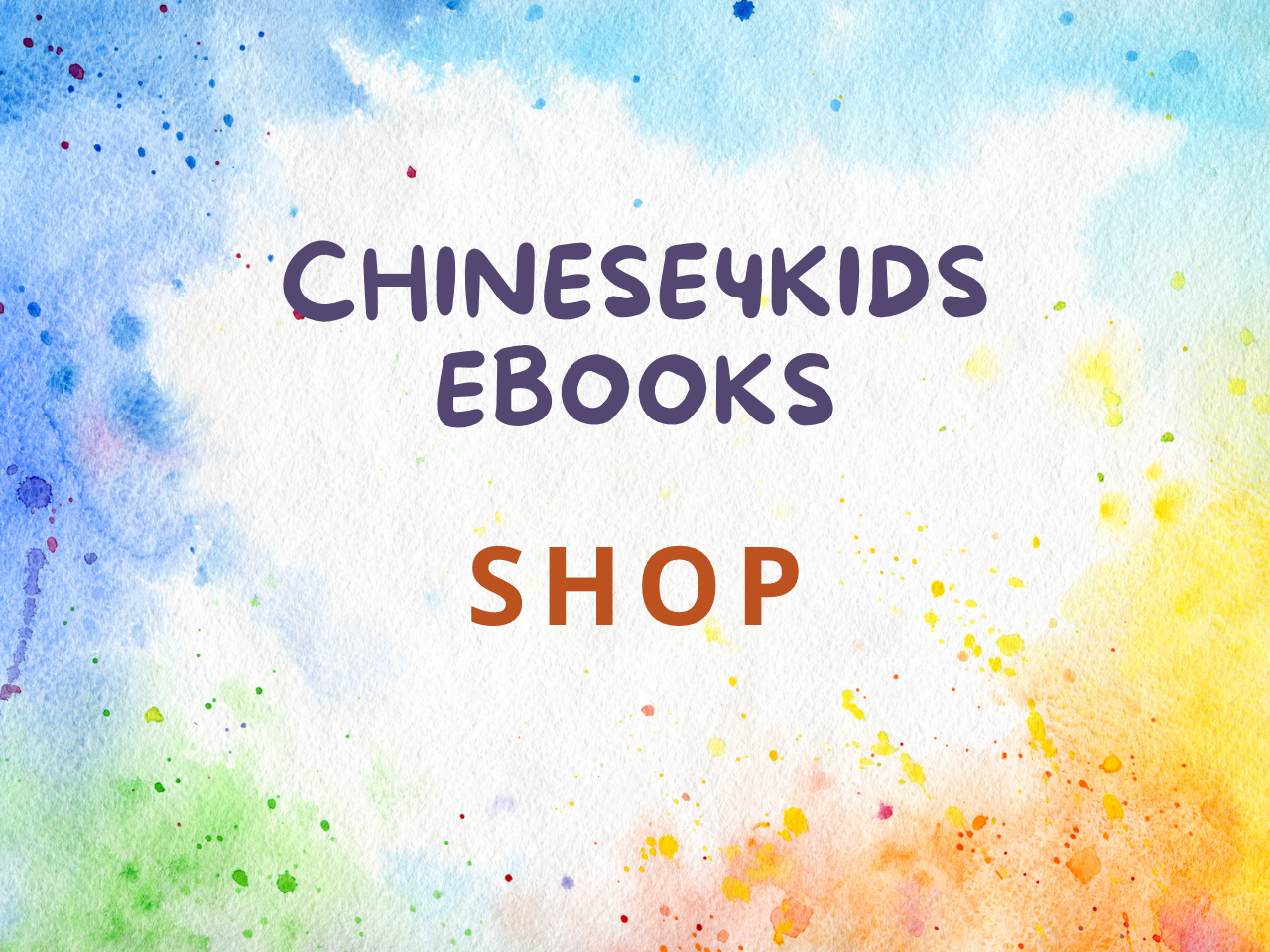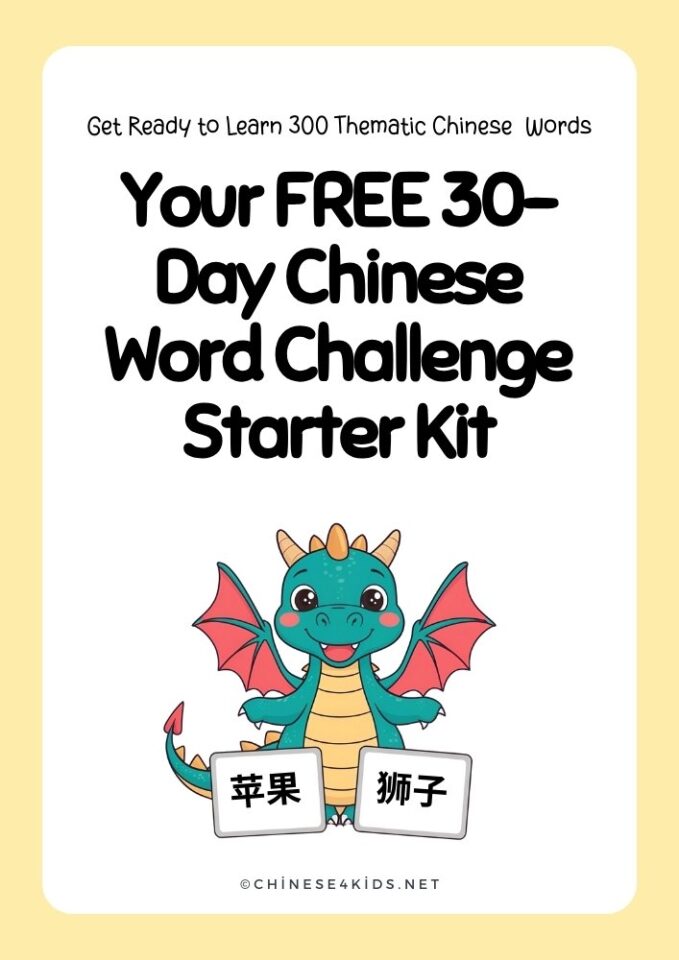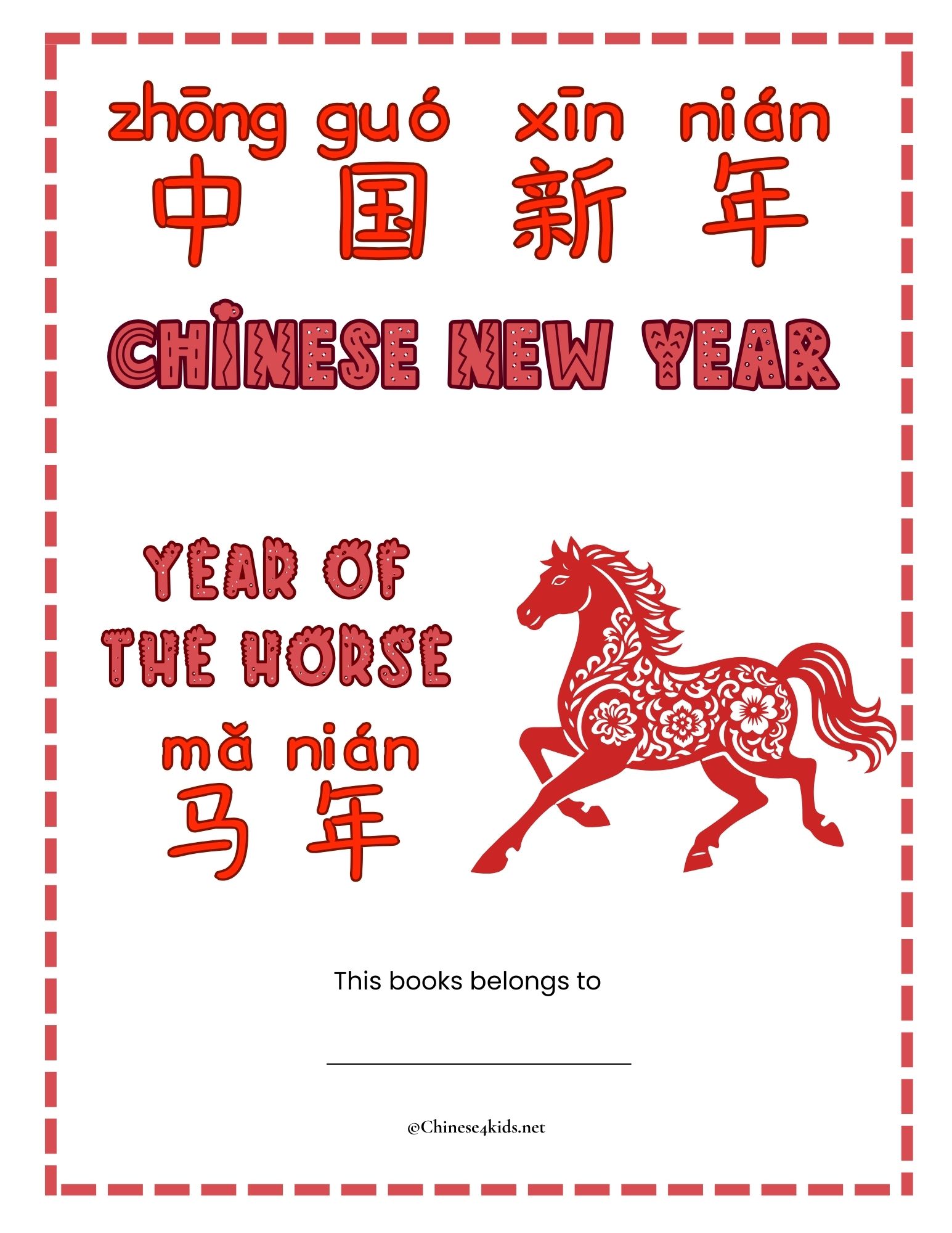
Home » Chinese language practice » Chinese Vocabulary Study Guide Ye 也
Chinese Vocabulary Study Guide Ye 也
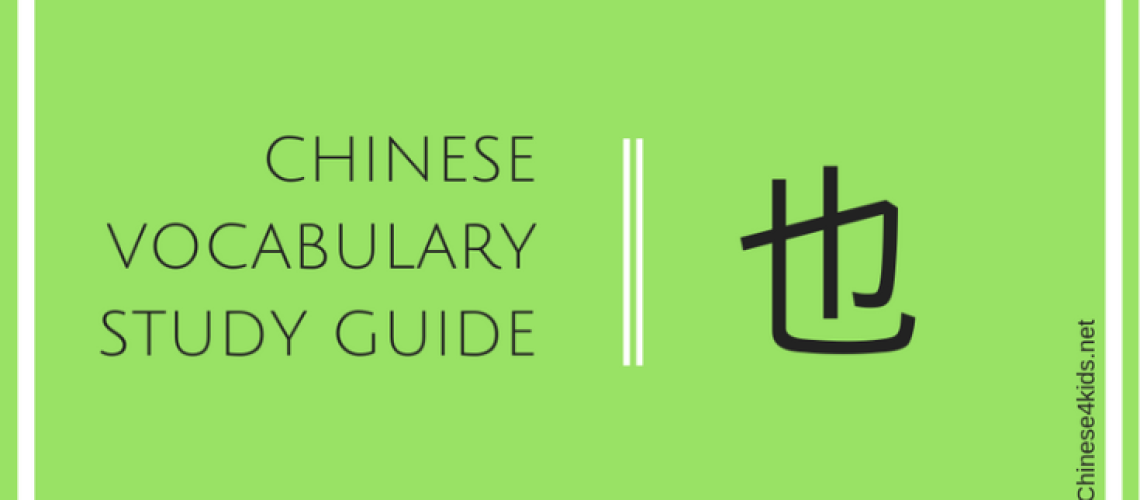
也 (yě) means “too” or “also”.Chinese vocabulary study guide Ye 也 explains the basic rules of how to use 也 in Chinese as well as some common mistakes and how to avoid them.
Let’s have a look at a sentence first.
My friend is going to the library. I am going there too.
This is a simple sentence. Do you know how to say it in Chinese? “我的朋友去图书馆,我也要去那里。”
也 (yě) means “too” or “also”. In Chinese, it always comes before a verb or an adjective.
[Tweet “也 (yě) means “too” or “also”. In Chinese, it always comes before a verb or an adjective.”]
Sentence Structure
Sentence Structure 1:
Subj. + 也 + Verb / [Verb Phrase]
For example,
我也有这本书。
Wǒ yěyǒu zhè běn shū.
I also have this book.我也是学生。
Wǒ yěshì xuéshēng
I am also a student.我也喜欢看中国电影。
Wǒ yě xǐhuān kàn zhòng guó diànyǐng
I like watching Chinese movies too.他们也会去吗?
Tāmen yě huì qù ma
Will they go too?
Remember, we cannot translate “also” or “too” word-to-word from English to Chinese as the grammar will not be correct. Regardless of its position in an English sentence, 也 (yě) has to be placed before the verb or verb phrases.
[Tweet “Regardless of its position in an English sentence, 也 (yě) has to be placed before the verb or verb phrases.”]
Please Note:
I also like Jiaozi.
我也喜欢饺子。
Wǒ yě xǐhuān jiǎoziThis sentence is OK. However,
I like Jiaozi too.
我喜欢饺子也。
Wǒ xǐhuān jiǎozi yě
This sentence is wrong.
Sentence Structure 2:
Subj. + 也 (+ Adv.) + Adj.
As you might know, simple “noun + adjective” sentences normally include an adverb like 很 (hěn) before the adjective. To add 也 (yě), we simply need to put it before the adverb.
[Tweet “simple “noun + adjective” sentences normally include an adverb like 很 (hěn) before the adjective. To add 也 (yě), we simply need to put it before the adverb.”]
For example,
这个小女孩也很漂亮。
Zhège xiǎo nǚhái yě hěn piàoliang
This little girl is pretty too.他也很胖。
Tā yě hěn pàng
He is also fat.我妈妈做的菜也很好吃。
Wǒ māmā zuò de cài yě hěn hào chī
The dishes my Mom makes are delicious too.我爸爸也很好。
Wǒ bàba yě hěn hǎo
My Dad is also well.昨天很热,今天也很热。
Zuótiān hěn rè, jīntiān yě hěn rè
It was hot yesterday. It is hot today too.
“Me Too” Expressions
In Chinese, it is grammatically wrong if we say “wǒ yě” as the word-to-word translation to “Me too”. In Chinese, a verb has to be put after 也 (yě) . A common word is 是 (shì).
[Tweet “In Chinese, it is grammatically wrong if we say “wǒ yě” as the word-to-word translation to “Me too”.”]
For example,
You are an American. Me too.
你是美国人。我也是。
Wǒ shì Měiguó rén. Wǒ yě shì.
You like reading. Me too (So do I).
你喜欢读书。我也喜欢。
Wǒ xǐhuan kàn shū. Wǒ yě xǐhuan.
If you like this post, PIN IT!
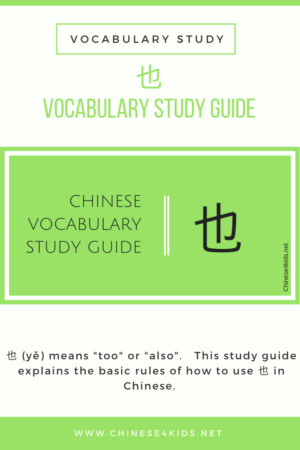
You may find the guide in
CHINESE VOCABULARY STUDY GUIDE BOOK I
You May Also Be Interested:
- Chinese4kids Membership – a portal for busy Chinese teachers and parents
- Chinese learning flashcards Hive – a flashcards library that with regular additions of new quality Chinese learning flashcards
- Chinese learning worksheets collection – Also a part of Chinese4kids membership, this collection is for teachers and parents who want to have access to engaging worksheets and activity sheets created for kids learning Mandarin Chinese as an additional language
- Speak Chinese with Kids Course
You May Also Be Interested:
- Chinese4kids Membership – a portal for busy Chinese teachers and parents
- Chinese learning flashcards Hive – a flashcards library that with regular additions of new quality Chinese learning flashcards
- Chinese learning worksheets collection – Also a part of Chinese4kids membership, this collection is for teachers and parents who want to have access to engaging worksheets and activity sheets created for kids learning Mandarin Chinese as an additional language
- Speak Chinese with Kids Course
- Chinese Vocabulary Made Easy Course
Recent Posts
Join Our Membership
Enroll to A Course
Buy An eBOOK
Our Posts
